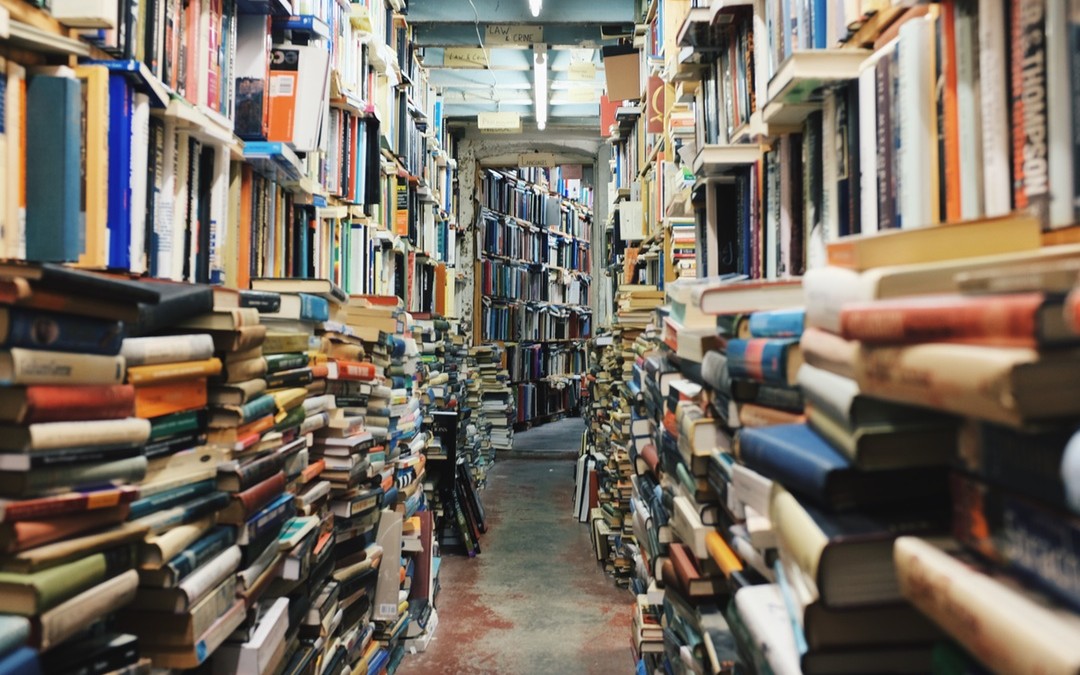This is something I tell my children all the time (because, of course, I’m teaching them to be writers):
[Tweet “The best way to become a better writer is to read. Widely, intentionally and continuously.”]
But don’t just read. Study. Gather. Analyze.
Earlier this year, I started reading books more critically. I pull out passages that I like and write a short note on what I like about them. This does two things for me (besides slowing me down when I’m reading):
1. Because I’m typing the passages onto a document on my computer, I’m writing that passage as if it’s mine (definitely don’t ever use it as if it’s yours, though. That’s not what it’s for). Did you know that there were writers of old who copied down entire chapters of the books they admired because they wanted to get a feel for the voice it was written in? They wanted to see what it was like to write brilliant words. So this is, essentially, what I’m doing when I’m copying those words down into my “book notes” document—I’m imagining how it feels to write brilliant words like Salman Rushdie does and brilliant dialogue like Rainbow Rowell does and brilliant humor like Erma Bombeck did.
2. Because I’m studying these passages, I’m able to point directly to what techniques I feel work in fiction and what techniques seem to fall flat. I’m pulling out passages on characterization and passages that have beautiful language and passages that make me laugh, and I’m assessing why it is that the passage works. I’m learning how to employ that in my own writing. I’m taking these techniques, from this studying of masters, and I’m applying them to my own work, even if the knowledge remains only in my subconscious.
To be sure, studying books in such a comprehensive way means the reading of them takes longer, and I can’t do it with every one of them, because sometimes I just want to read a book for pleasure. Plus some of the books I read—like mystery thrillers and adult romance, which I don’t have plans to write anytime soon—I don’t really feel the need to learn from just yet.
But I did start reading through all the award winners—the best adult books, the best memoirs, the best nonfiction, the best in kid-lit—and I’m trying to learn from the ones that have been named the best of the best. I’m trying to study them so that I can write my books in the best possible way I can.
Mostly because there’s a reason these books are published. There’s a reason why they won a prestigious award. So it’s worthwhile to study them so that we can glean what we can and apply the lessons learned to our own story technique.
Here are some reasons I write down a passage:
1. I’m held by it.
Sometimes, in my reading, I’ll get stuck on a passage that’s just so beautiful I want to read it again. I always mark them, because, clearly, it’s a passage that stuck out to me, and I want my writing to contain the same kind of passages. Sometimes I’m held by it because it was so hilarious, and I want to find out why, exactly, it made me laugh. Sometimes I’m held by it because it was a great passage on characterization and voice, and I’d like to keep it as an example of that when I get stuck in my own characterization and voice.
2. It stirs up a particular emotion.
It doesn’t really matter what kind of emotion—I love studying emotion in story. Most of the time I write down passages that feel a little bittersweet, a bit sad but also a bit beautiful. Sometimes I’ll write down passages that invoke anger or a feeling of injustice. Sometimes I write down the tragic passages that can’t be forgotten.
3. It’s a really good line that holds some universal truth.
I enjoy studying the art of good writing, whether it’s poetic writing or skilled humor writing or very emotional writing. But one thing that I’ve noticed about the award-winners is that there is always some line of universal truth in their stories. Sometimes it’s hidden in a passage about the tragedy that a certain character recently endured. Sometimes it hangs out all on its own. Sometimes it’s so buried you have to dig deep for it. But I also write down those passages of universal truth, because they tend to have a unique impact on readers, and there’s a reason that the award winners do it—because it makes a difference in the lives of readers everywhere. It changes people for the better, or it makes us think more critically or it shows us how to be.
Read in the genre you want to write in. Read in every genre, if you want, but especially read in the one you want to write. Read wide and deep and long, and figure out what other authors are doing to make their books so amazing.
This is how you’ll become a better writer.
Obviously, in order to read more, we’ll have to make time to read more. But that’s an article for another day.
For now, remember:
The more you read, the better you’ll write.


